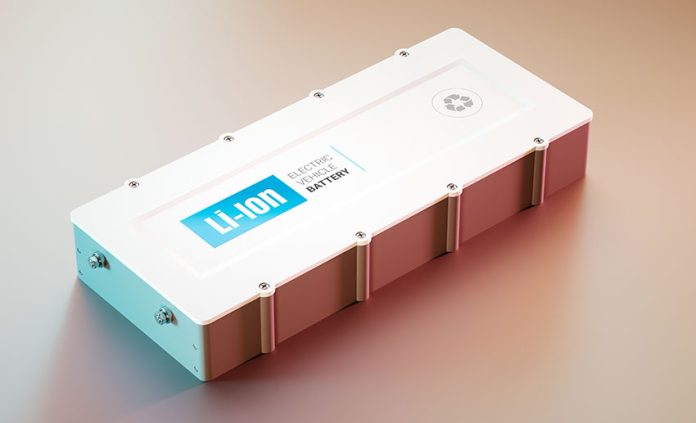President López Obrador has a plan B to nationalize lithium in case his proposed electricity reform doesn’t pass Congress: send lawmakers a different nationalization bill.
The president’s electricity bill, which would change the constitution to guarantee the state-owned Federal Electricity Commission 54% of the market and ensure that no new lithium concessions are granted to private companies, faces a vote in the lower house of Congress this Sunday.
It requires support from two-thirds of lawmakers to pass, but the ruling Morena party and its allies don’t have a supermajority in either the Chamber of Deputies or the Senate.
Morena has attempted to persuade Institutional Revolutionary Party (PRI) deputies to break ranks with their party, whose official stand is in opposition to the bill. But the government needs another 57 votes to get that supermajority.
It came one closer on Wednesday when a PRI legislator from Chiapas announced he would vote in favor, but getting another 56 seems an unlikely prospect.
Meanwhile, López Obrador said Wednesday that future exploration of lithium – a key component of lithium-ion batteries used in electronic devices and for green energy storage – will be nationalized via a reform to the mining law if his electricity bill isn’t approved.
“If there isn’t two thirds [support] on Sunday, because the lobbyists, the influence peddlers and foreign interests dominate – if there is treason by the lawmakers, we already have the mining law reform initiative, [which] I just signed this morning,” he told reporters at his regular news conference.
López Obrador said the bill, which would ensure that lithium is designated as “property of the nation,” only needs support from a simple majority of lawmakers to become law. If the electricity bill doesn’t pass the lower house this Sunday, the proposed mining law reform will immediately be submitted to Congress, he said.
“They’re not going to put us up against the wall. Lithium, which both foreign corporations and governments lust after, will belong to Mexico,” López Obrador declared.
Firms with active lithium mining permits, such as China’s Ganfeng Lithium, will not be affected by the nationalization plans, the government has said while pledging not to issue any new concessions.
AMLO announced in February that a new state company will be created to exploit lithium deposits for which no permits have been issued.
Mexico has large potential reserves in Sonora and smaller potential deposits in states such as Baja California, San Luis Potosí and Zacatecas. However, most of Mexico’s potential reserves are in clay deposits that are technically difficult and expensive to mine, leading to doubts about the state’s capacity to exploit them.
Such concerns haven’t diminished Lopez Obrador’s enthusiasm for nationalizing what he describes as a “strategic mineral.”
“There couldn’t be electric cars without lithium … and it turns out that we have lithium, which is like having oil … or gold in earlier times,” he said Wednesday.
“Lithium is white gold and … [foreign companies and governments] covet it, that’s why they’re against the constitution being changed. … They’re very opportunist, … they don’t even have an ideology, they have interests, their god is money,” López Obrador said.
He issued a new call for opposition lawmakers to go against their parties and support the electricity reform, advising them to rebel and ignore the foreign lobbyists. He said last week he had information that some opposition lawmakers would support the bill, which he refused to alter despite intense pressure from the United States.
Legislators should tell the lobbyists they have a responsibility to defend the people and the nation and let them know that they “won’t fold even with their filthy money,” AMLO said before changing his tone and wishing everyone a peaceful Holy Week with their families.
With reports from Reforma
